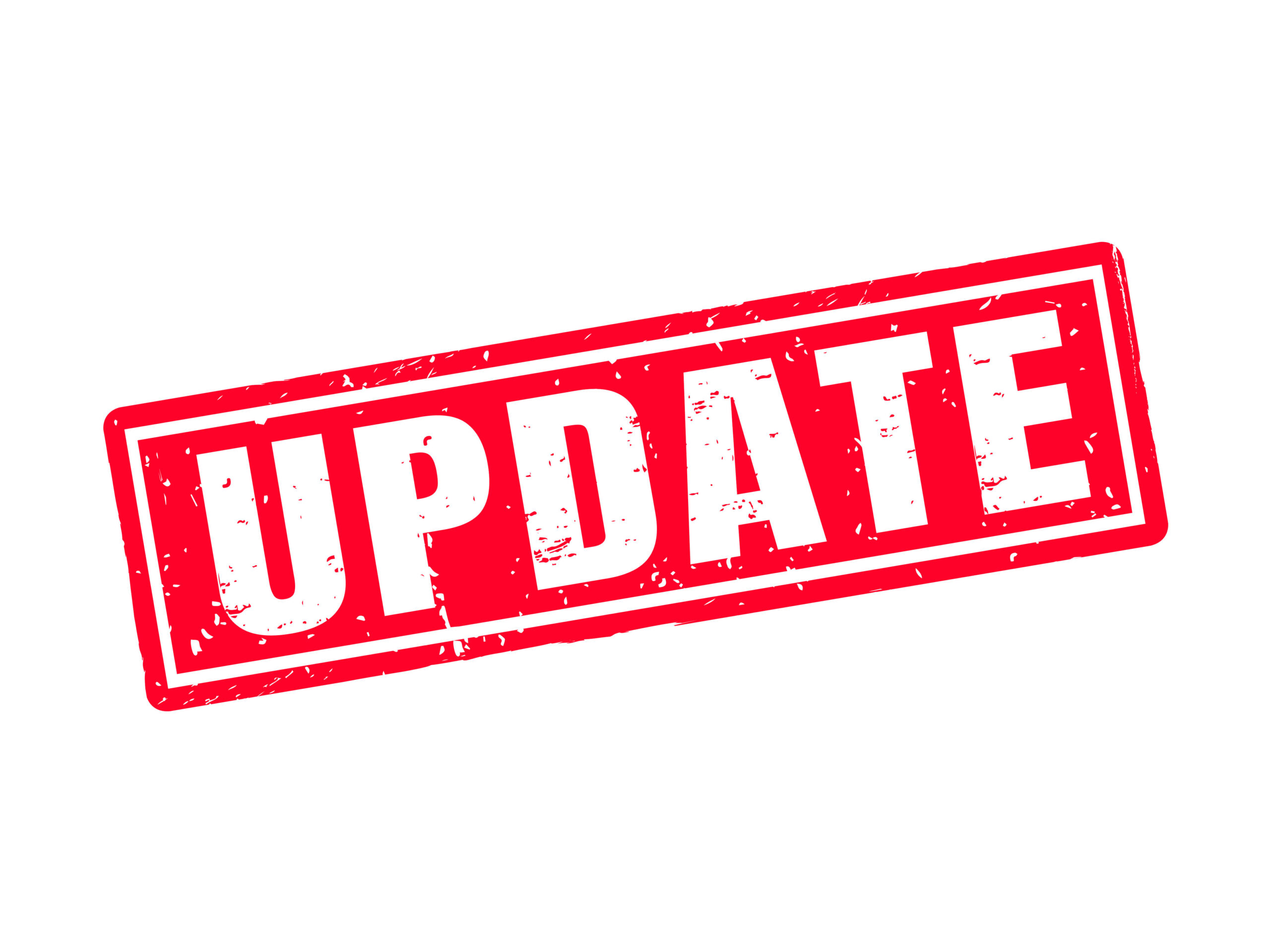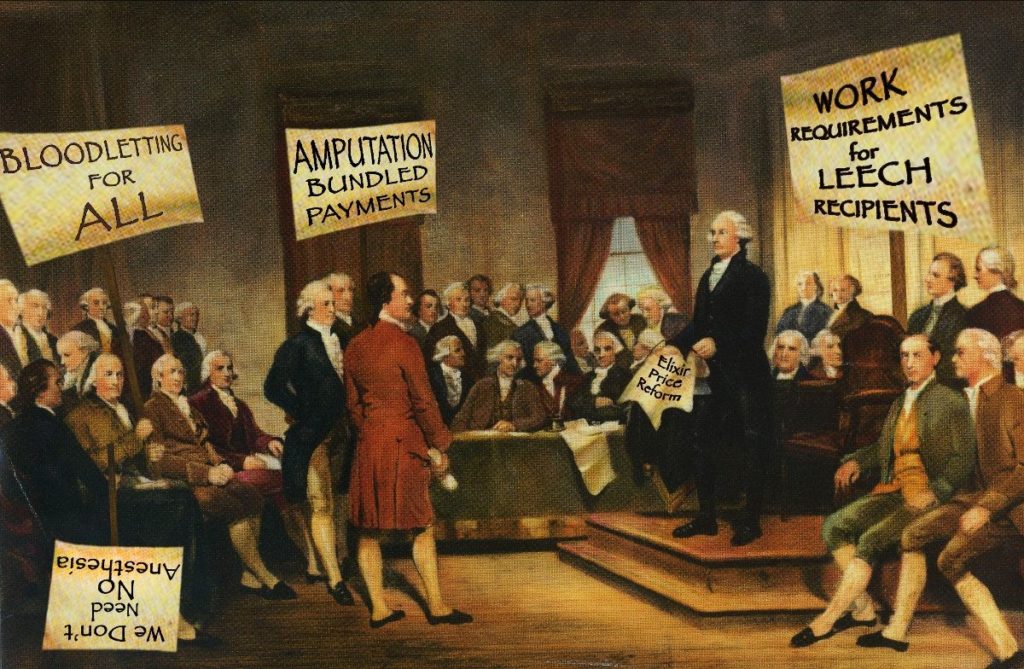CMS Updates ODAG/CDAG Guidance for MA and Part D Plans

By Sandra J. Durkin
On July 18, 2024, the Centers for Medicare & Medicaid Services (CMS) published an update to the Parts C & D Enrollee Grievances, Organization/Coverage Determinations, and Appeals Guidance (Updated Guidance). CMS had not updated guidance for organization determinations, appeals, and grievances (ODAG) in the Part C program and coverage determinations, appeals and grievances (CDAG) in the Part D program since 2019. The Updated Guidance reflects recent changes to the regulations governing ODAGs, clarifications on the role of representatives in the ODAG/CDAG process, and terminology changes to align with updated regulations.
Key updates to the ODAG/CDAG guidance are summarized below. With the spate of regulatory updates CMS has put out over the last three years, the updated guidance will be helpful for Medicare Advantage organizations (MAOs) and Part D plan sponsors (PDP Sponsors) seeking to implement and comply with new requirements. MAOs and PDP Sponsors should review the Updated Guidance and incorporate changes into their ODAG/CDAG policies and procedures to ensure compliance and prepare for CMS Program Audits.
Substantive Changes in Updated ODAG/CDAG Guidance
- ODAG/CDAG regulations apply to any type of initial determination, regardless of the timing of the party’s coverage request (e.g., before, during, or after the provision of items or services) and regardless of whether the item or service is subject to prior authorization. CMS removed references to “pre-service” reviews because the regulatory requirements are the same regardless of the timing of the review. Updated Guidance 40.
- Enrollees may request approval of any service, item, or Part B drug in circumstances where there is a question whether the plan will cover the service, item, or Part B drug. This includes any service, item, or Part B drug that the enrollee believes is or should be covered by the plan, including non-covered items, services, or Part B drugs. It also includes services, items, and drugs for which the plan does not require prior authorization. An enrollee may request approval either prior to or concurrent with receiving services. Requests for approval may also be submitted by an enrollee’s representative or a provider on behalf of the enrollee. Updated Guidance 40.4.
- Consistent with recent updates to 42 CFR 422.566, organization determinations that the plan expects to be partially or fully adverse based on medical necessity must be reviewed by a physician or other healthcare professional with expertise in a field of medicine that is appropriate for the services at issue. Updated Guidance § 40.9.
- MAOs should not use the Advanced Beneficiary Notice of Non-Coverage (ABN) to notify enrollees that a service is not covered. MAOs must issue an integrated denial notice (IDN) or communicate a denial based on a clear exclusion (with the same OMB-approved standardized language) in the EOB. Failure to provide the required notice will result in the enrollee being held harmless for items or services provided by or upon referral from a contracted provider. Updated Guidance 40.12.1.
- MAOs and PDP Sponsors may not dismiss a request for initial determination for any reason not explicitly listed in the applicable regulations, which include the following:
- The individual making the request is not permitted to request an initial determination under the applicable regulation.
- The request is not valid, i.e., does not substantially comply with the regulatory requirements. A valid request is one that includes sufficient information to identify the enrollee to allow the plan to adjudicate (or make contact with the enrollee to clarify the request), including full name or member ID and at least one means of contact.
- The enrollee dies while the request is pending and nobody has a remaining financial interest in the case.
- The request for initial determination is withdrawn.
Updated Guidance § 40.15.
- MAOs and PDP Sponsors may not dismiss an otherwise valid appeal from an adverse coverage decision solely because the enrollee already received the item or service that is the subject of the appeal. If the MAO or PDP Sponsor learns that the enrollee has received the item or drug during the processing of an appeal, it must finish adjudicating the appeal and issue a substantive decision in accordance with regulatory requirements. Updated Guidance 50.8.
- MA and Part D plans are not required to process grievances when the grievance is submitted by a person or entity not permitted by the applicable regulation. When representative documentation is missing, the plan should notify the enrollee and purported representative that the plan is unable to process the grievance and include instructions on how to resubmit. Updated Guidance 20.2.1.
- When the plan decides not to process a quality of care grievance submitted without necessary representative documentation, the plan should, but is not required to, investigate the grievance. Updated Guidance § 30.3.1.
The full guidance is available here.




